iPhones should follow iOS into year-based naming: The case for iPhone 26
Just rename everything at this point!
This article may contain personal views and opinion from the author.
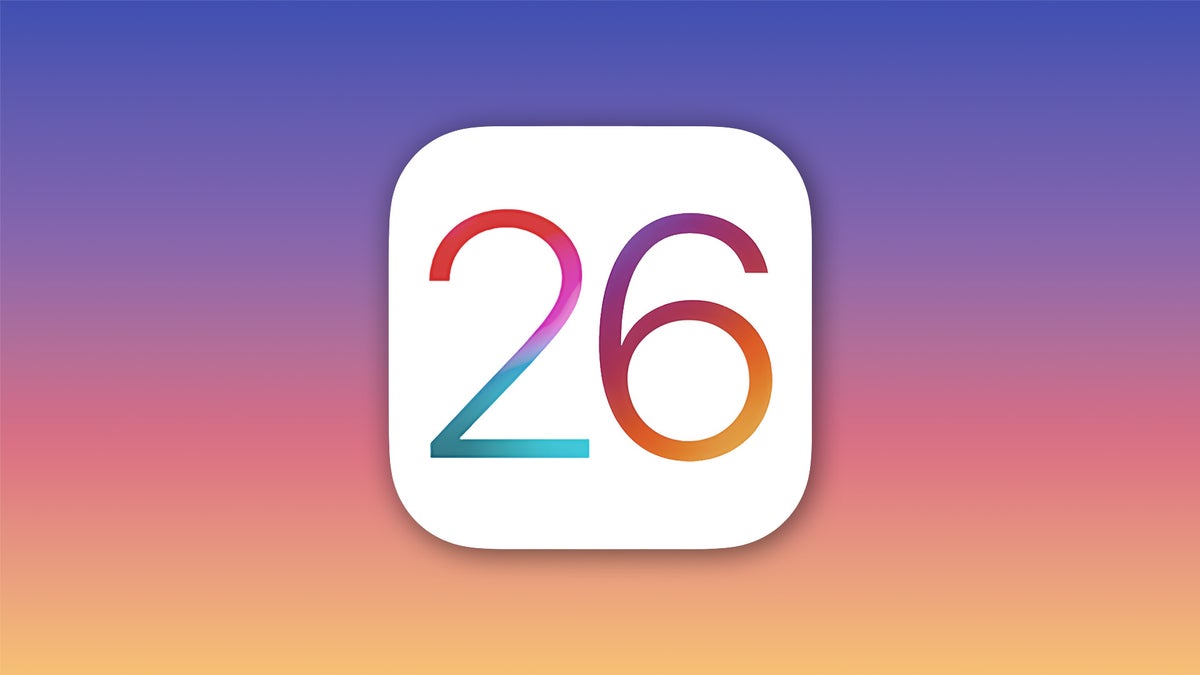
Overnight, the rather surprising news broke out that Apple will go against tradition and not call its next update iOS 19, as it should be, but rather go with an annual denominator and call it iOS 26. A peculiar and startling at first, this rumor becomes more and more believable the more you think of it.
Previous iOS versions did a good job of indicating the logical order of iOS versions, but that was only sufficient until a certain threshold. As we are nearing 20 years of the iPhone and iOS in extension, the iOS naming scheme becomes a bit too convoluted and complex. How are we supposed to remember that iOS 15 launched in 2021? No way of knowing that if you're a regular person and don't rely on the usual Google crutch.
There has to be a better way to indicate what iOS version launched in a particular year, and the easiest one is to use the last two digits, just like most vehicle manufacturers do to indicate that they have new models rolling down the conveyor belts. This way, in a decade from now, you wouldn't have to calculate what iOS version got launched in, say, 2027––you'd immediately know it should have been iOS 27.
It's simple, but super-effective.
It's so effective that a fairly dim lightbulb went off in my head. Shouldn't Apple apply a similar naming change to its iPhones as well?
The iPhone naming problem
Currently, things are pretty solid on the iPhone lineup: we are expecting the iPhone 17 range, which would happen to be the 17th distinct iPhone generation. That naming is fine as we've largely grown accustomed to it with time, but as iPhone generations keep growing in numbers with each passing year, it will inevitably become relatively cumbersome to follow which iPhone is fairly new and which one's already an older one.
That'd mostly be true for consumers out of the loop and outside the techy circles. Even if you wake me up at the wee hours of the night, I'll be able to tell you that the iPhone 13 was released in 2021 because I bought one back then, but anything newer or older than that will have me scratching my memories for a moment or so, calculating years and generations in my head.
Now imagine a person who doesn't really pay that much attention to mobile technology: they'd be pretty much lost without .
A possible solution? Simply adopt the upcoming iOS naming convention.
Digits or…
If Apple wants to keep things tidy and logical from now on, the iPhone 17 generation wouldn't exist.
In its stead, we'd get the iPhone 26 range, which will be Apple's flagship through the majority of 2026. Next year, we'd get the iPhone 27, which would be the flagship for 2027. I know, it's not pretty, and sounds like a pretty drastic change to just about anyone who has been following Apple and the iPhone for years now, but at the end of the day, the pros of this name change outweigh the illusionary cons.
If Apple does that, then we'd have a much more logical and easy to follow iPhone naming going forward. This could also make things easier for the second-hand market, as discerning between older and newer devices could be slightly easier and more logical. But Apple isn't really concerned about the second-hand iPhone market which is gnawing at its profits, so the change could only be beneficial to regular customers.
… expressive names?
Who knows, after sunsetting the iPhone Plus name in favor of the iPhone Air one, which would go magnificently well with its thinner body, Apple could finally go ahead and end the "Pro Max" lineage in favor of a more coherent "Ultra" one. So, instead of an iPhone Pro Max, we'd get an iPhone Ultra, which at this point has been a long-time coming.
But imagine what would happen if Apple actually employs both changes, so this or next year we get an iPhone 26 Ultra or an iPhone 27 Ultra? Until yesterday, such an idea would have sounded out of the ordinary, but today, when iOS 26 is most certainly happening, there might be a chance.
Should Apple change anything at all?
But honestly speaking, should Apple change anything at all?
The answer is no. Whatever you call them and regardless of whether we like it or not, iPhones will sell like hotcakes.
The answer is no. Whatever you call them and regardless of whether we like it or not, iPhones will sell like hotcakes.
However, seeing how Apple could be keen on shaking up such well-established traditions like the sacred iOS naming scheme, we might get treated to some intricately named devices in the following years.
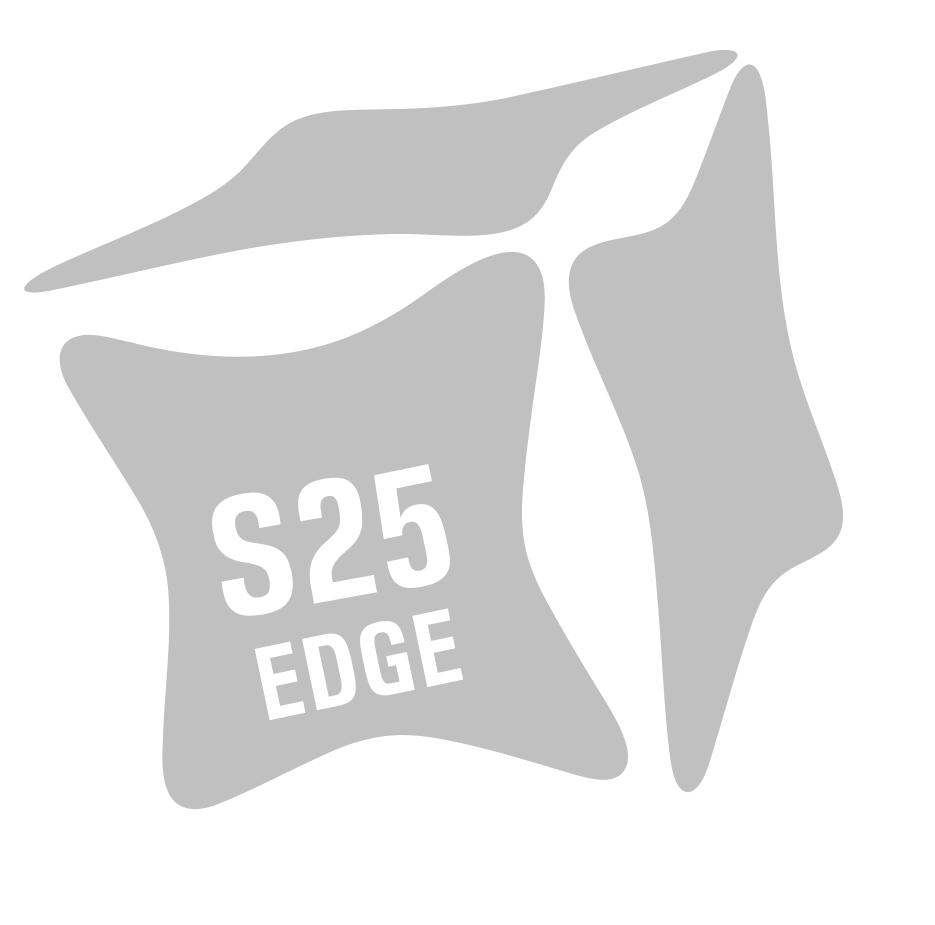


![T-Mobile customers are only now finding that T-Life records their screen [UPDATED]](https://m-cdn.phonearena.com/images/article/170775-wide-two_350/T-Mobile-customers-are-only-now-finding-that-T-Life-records-their-screen-UPDATED.jpg)
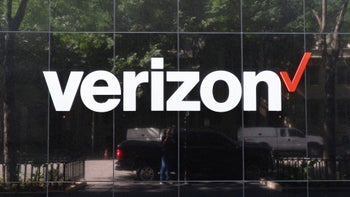

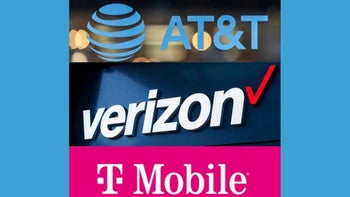

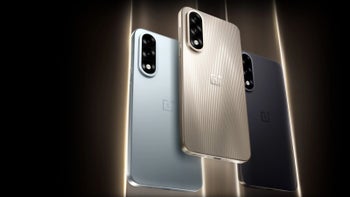
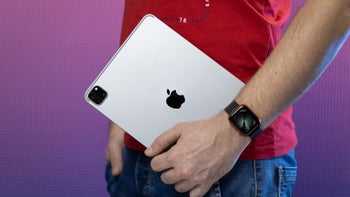
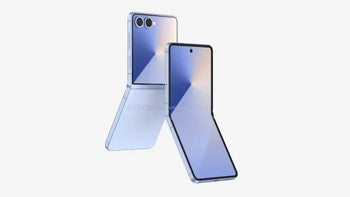
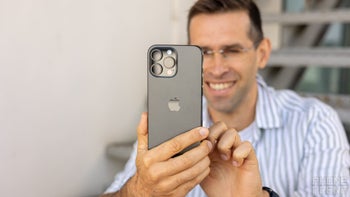
![T-Mobile, Verizon and AT&T under fire for lack of transparency on surveillance [UPDATED]](https://m-cdn.phonearena.com/images/article/170786-wide-two_350/T-Mobile-Verizon-and-AT-T-under-fire-for-lack-of-transparency-on-surveillance-UPDATED.jpg)
Things that are NOT allowed: